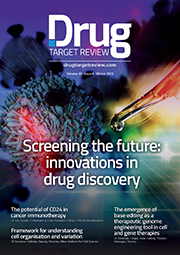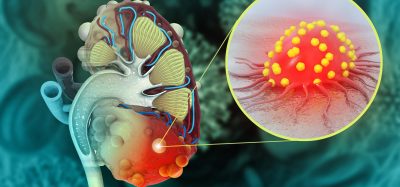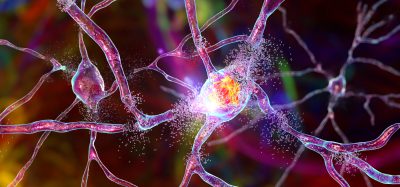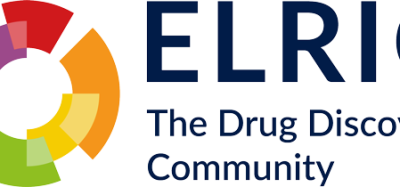Streamlining drug discovery assays for cancer and cardiovascular disease

ABOUT THIS WEBINAR:
Declining R&D productivity is a key challenge in the pharmaceutical industry today. To increase the success rate of candidate drugs entering the clinical phase, companies must address the early stages of drug discovery.
In lead optimisation, target-based assays are still the most affordable means of rapidly performing fast iterations and remain core to screening. However, the desire for biological-relevance is driving ongoing growth in cell-based assays.
Meanwhile, screeners are continuing to streamline processes by eliminating time-consuming steps such as washing, by generating multiple readouts simultaneously from a single well, or by using automation.
In this webinar:
Dr. Eric Chevet discussed how the endoplasmic reticulum (ER), plays a critical role in cancer development, particularly glioblastoma multiform (GBM). The ER stress sensor IRE1 contributes to GBM progression, impacting tissue invasion and tumor vascularisation. He described an AlphaScreen-based assay that recapitulates the IRE1 activation process and has been used to identify new peptide-derived modulators of IRE1 activity that are active in vitro and in vivo.
Dr. Philip Gribbon discussed the quantification of cell migration phenotypes in cardiovascular related target validation and drug discovery. He described a label-free, automated and reproducible investigation of cellular motility with instant data assessment, using image-based cytometry. The method overcomes the time- consuming task of manual quantification, which is also limited by subjectivity and the lack of quantifiable metrics.
KEYNOTE SPEAKERS:


Eric Chevet is Research Director at the French National Institute for Health and Medical Research (INSERM). After a Ph.D. in Molecular Cell Biology from the University of Paris, and a post-doctoral fellowship at McGill University (Canada), he established his own laboratory there, returning to France in 2006. In early 2015, he moved to head a Cancer Research Laboratory within the Comprehensive Cancer Centre Eugène Marquis in Rennes, where the main objective is to characterise select stress signaling pathways (including ER stress, death receptors, DNA damage) in various cancers and develop novel therapeutics.


Dr. Philip Gribbon is the Chief Scientific Officer at the Fraunhofer IME, which works mainly with academic research institutes in the area of drug discovery. The institute uses a range of high throughput screening (HTS) systems and assay methods and provides support for biomarker studies within clinical and pre-clinical research projects. Dr. Gribbon also works in close collaboration with leading life-science industry partners, such as PerkinElmer, to help validate novel technologies which can be directly applied to projects.
The rest of this content is restricted - login or subscribe free to access


Why subscribe? Join our growing community of thousands of industry professionals and gain access to:
- quarterly issues in print and/or digital format
- case studies, whitepapers, webinars and industry-leading content
- breaking news and features
- our extensive online archive of thousands of articles and years of past issues
- ...And it's all free!
Click here to Subscribe today Login here
Related topics
Assays, Biomarkers, Cell-based assays, Drug Discovery, Drug Discovery Processes, Hit-to-Lead, Imaging, Immuno-oncology, In Vitro, In Vivo, Lab Automation, Label-Free, Research & Development, Screening, Target Validation
Related organisations
PerkinElmer








